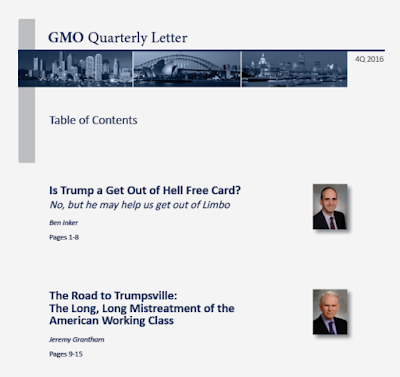So thanks to
ICANN and its
new gTLDs program, we now have
three tiers of Domain Names (TLD domain name extensions) in the domain name ecosystem:
First Tier Top-Level Domain Names:
.COM domain names
Second Tier Top-Level Domains: .NET, .ORG, ccTLDs and other open, unrestricted gTLDs
Third Tier Top-Level Domains: everything that's left--restricted, branded, closed, etc.--TLDs
A check with
RegistrarStats and a review of
Domain Name Sales reports confirms the above--you can't argue with the
market consensus as to
valuations and
sales!
And so, unfortunately, we have to endure for several months more, the now boring,
mundane release of countless additional new gTLDs still to come (yawn),
second tier and
third tier. Here's an example of a
new third tier TLD:
The 'Land Rush' Has Begun: Register Your .nyc Domain | Gale A. Brewer - Manhattan Borough President: "...
All registrants are required to have a
physical street address in New York City (with no P.O. boxes permitted)... By October 7, if nobody else has requested the same address, it's yours. If there are multiple requests for the same address,
an auction will be held to determine who will own it. A successful domain name registered during Land rush will cost
$30 plus $20 for each year it registers the name...
We don't want the .nyc portal to become a corporate playground; it should enable local organizations and businesses to have a presence online. The
bodega, the
corner pizza place, the
24-hour locksmith, the
family-run shoe repair service --
that's what this is about..." --great, every corner pizza joint in New York City needs its own .nyc domain name (even if it costs more than double what you would pay to register a dot COM domain name)--such a deal!



